During our regularly scheduled, 5:00 pm Mass on Saturday, September 30th, the parish will once again offer the “Sacrament of Anointing”, which is intended for, and should be considered by:
· Anyone who is seriously ill, whether at home, in hospitals or in nursing homes;
· Seriously sick children who are old enough to experience the sacramental benefits;
· Individuals about to undergo surgery due to a serious illness;
· The elderly, suffering the maladies of old age; and
· All individuals who are chronically ill or permanently disabled.
If you see yourself, or a family member, in any of the descriptions above, we encourage you to attend this Mass and receive the anointing at Mass. All you need to do is:
Call the office at 313-532-4394 – To register your name no later than Wednesday, September 27th.
Remember, part of God’s plan for each of us is that we should fight strenuously against all sickness; and carefully seek His blessings for good health. This special Mass, along with the Sacrament of Anointing, provides an opportunity to do that.
St. Valentine Worship Commission
Meeting … Unleash the Gospel
Dear Friends,
I am calling a special meeting of all Commissions and Council members and all others who will be interested in learning more about Archbishop’s pastoral letter “Unleash the Gospel” which he issued on the Vigil of Pentecost, June 3, 2017. This meeting will be held on Monday, September 18 at 7.00 pm in the school meeting room, I would very much appreciate your attendance.
In his pastoral letter, the Archbishop is leading the Archdiocese in becoming what Pope Francis has urged the Church to be: a band of joyful missionary disciples. In doing so, he is following up on what we in the Church in Detroit heard the Holy Spirit say in Synod 16 (held last November). The letter outlines the rationale for this missionary direction, and identifies both the attitudes and actions needed for us to follow this prompting of the Holy Spirit. Our common understanding of the letter is crucial for the path we are called to follow. It signals a time of great blessing for the Church of Detroit.
Deacon Ron (OLL) and Deacon Lawrence (St. Val) have prepared a presentation and will lead us in our review of the Archbishop’s letter. The meeting will last no more than 90 minutes, including time for Q&A and discussion.
If you wish to read the letter in advance of the meeting, it can be accessed at: http://www.unleashthegospel.org/.
Please make this meeting a priority. Thank you for your attention.
Blessings,

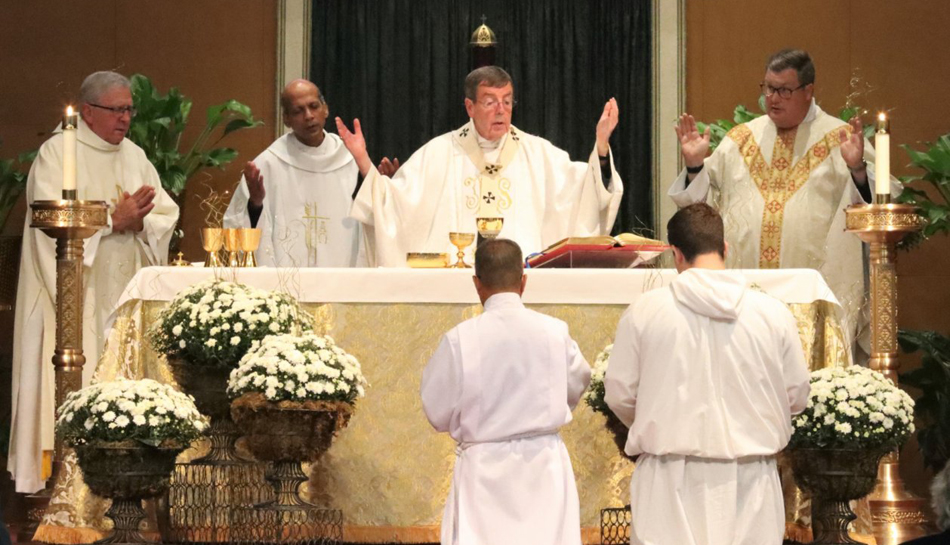
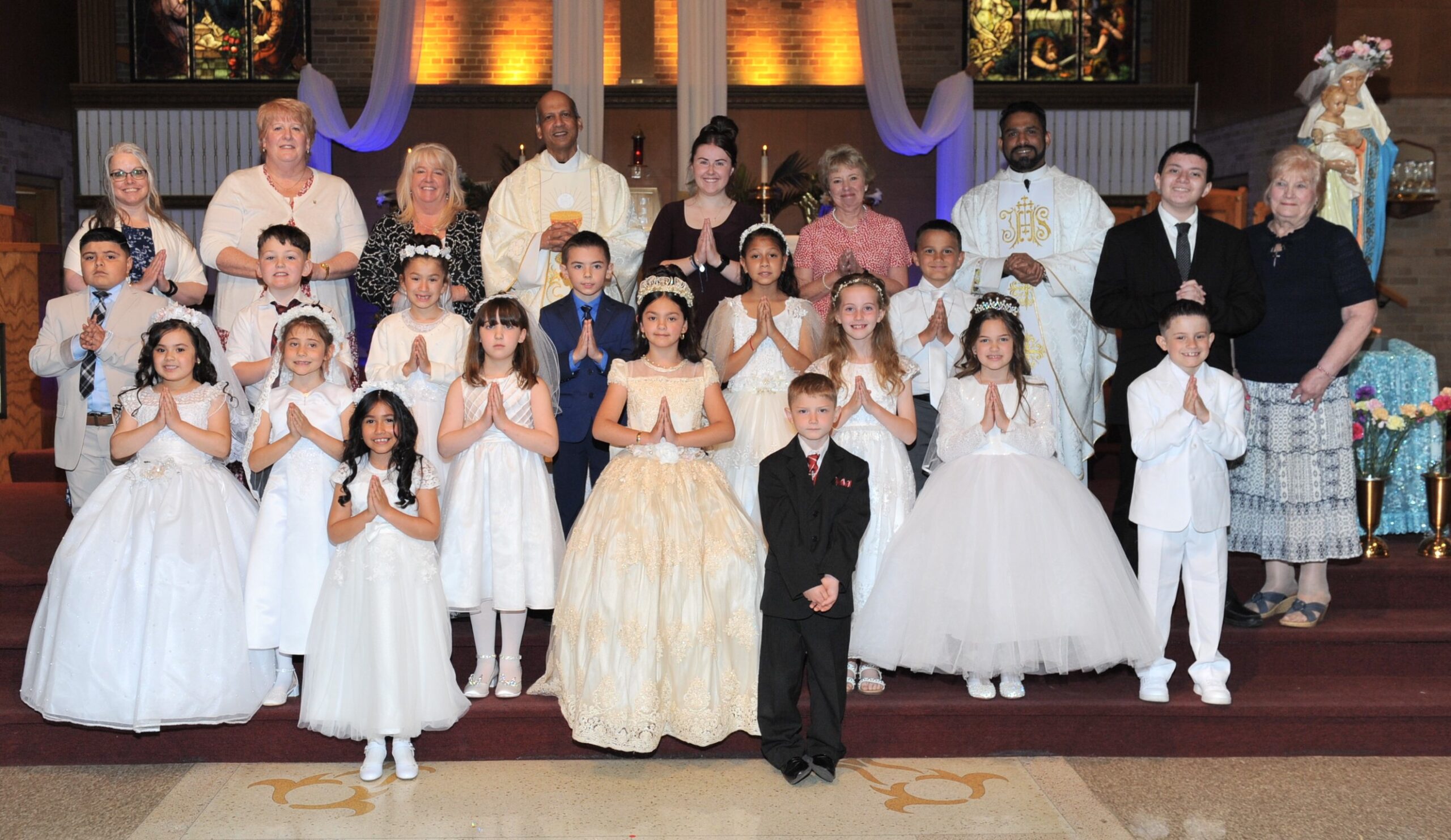
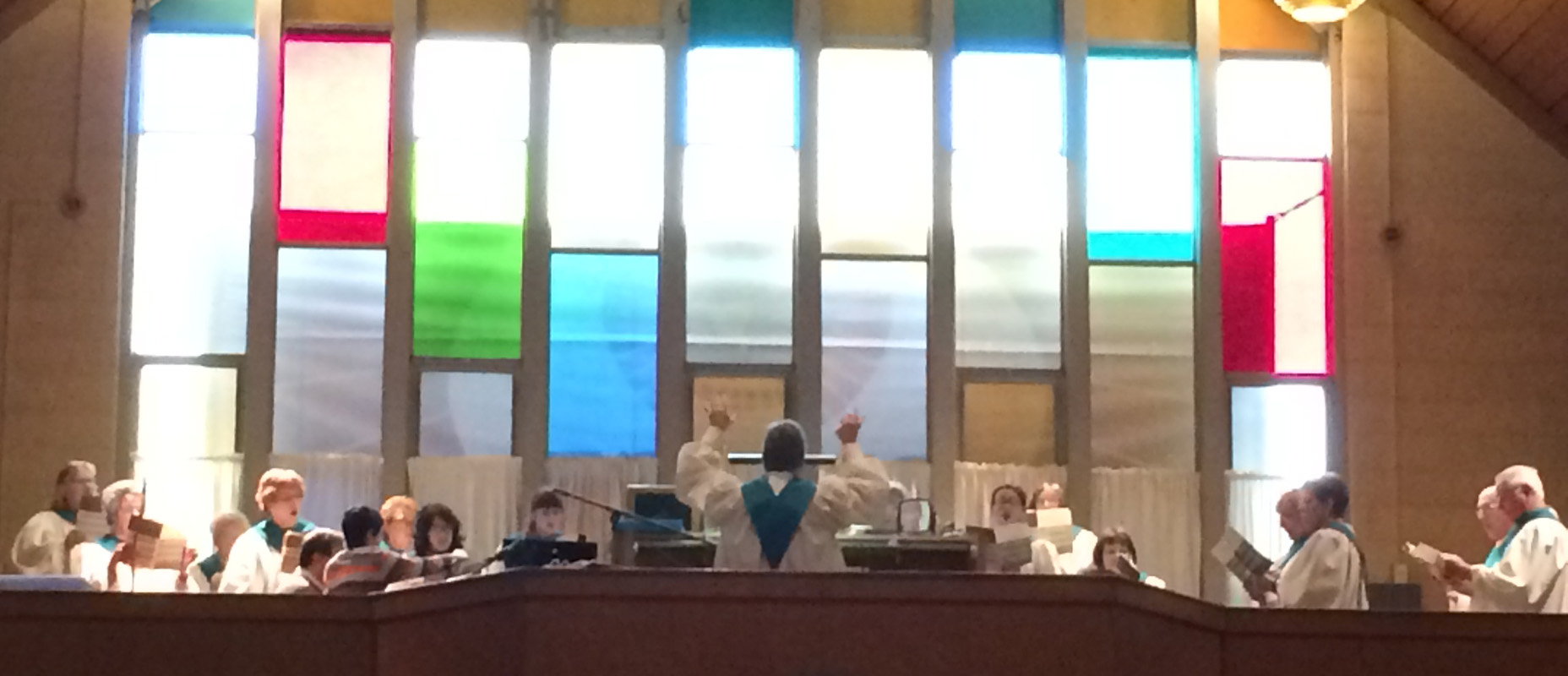
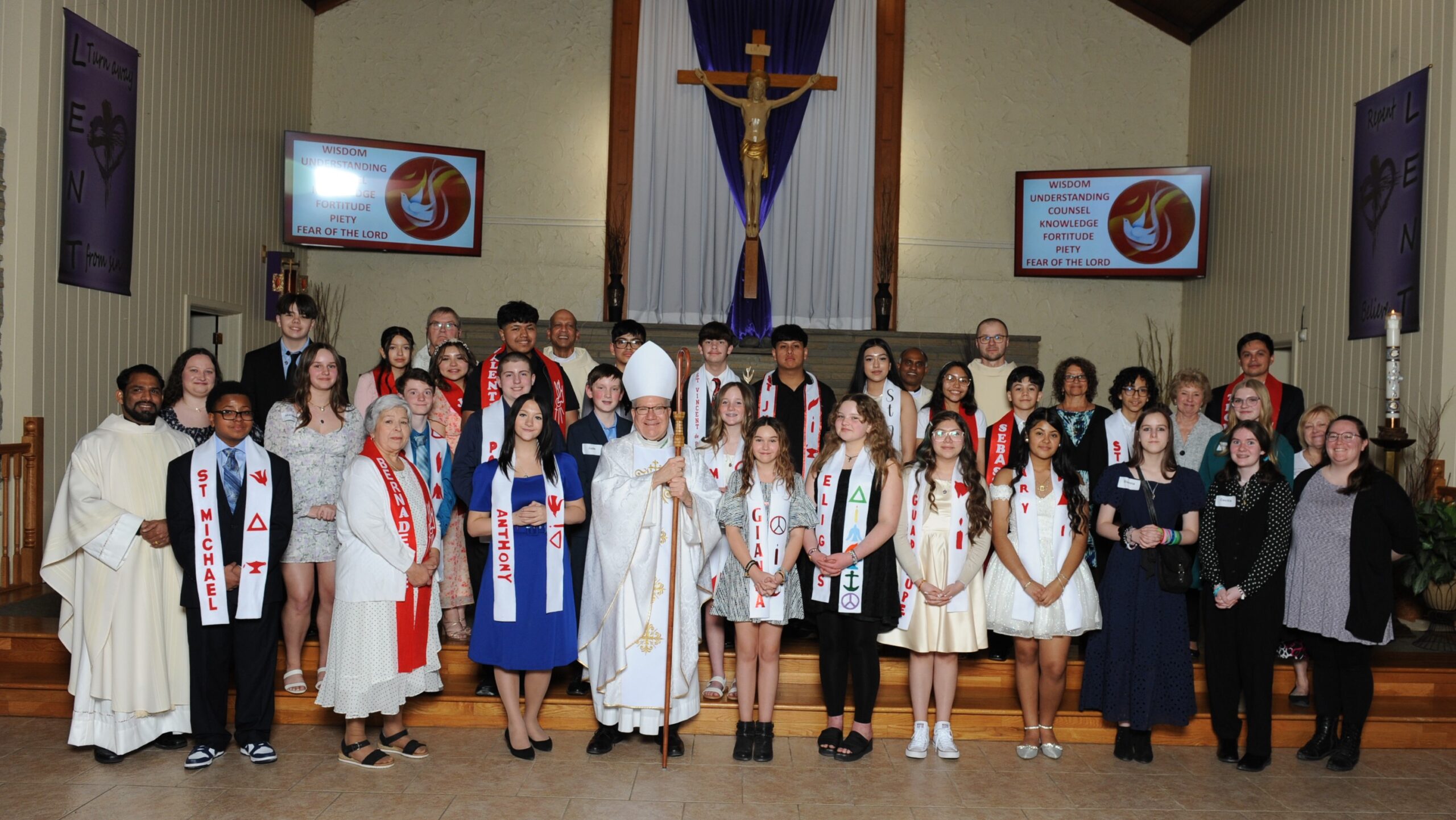
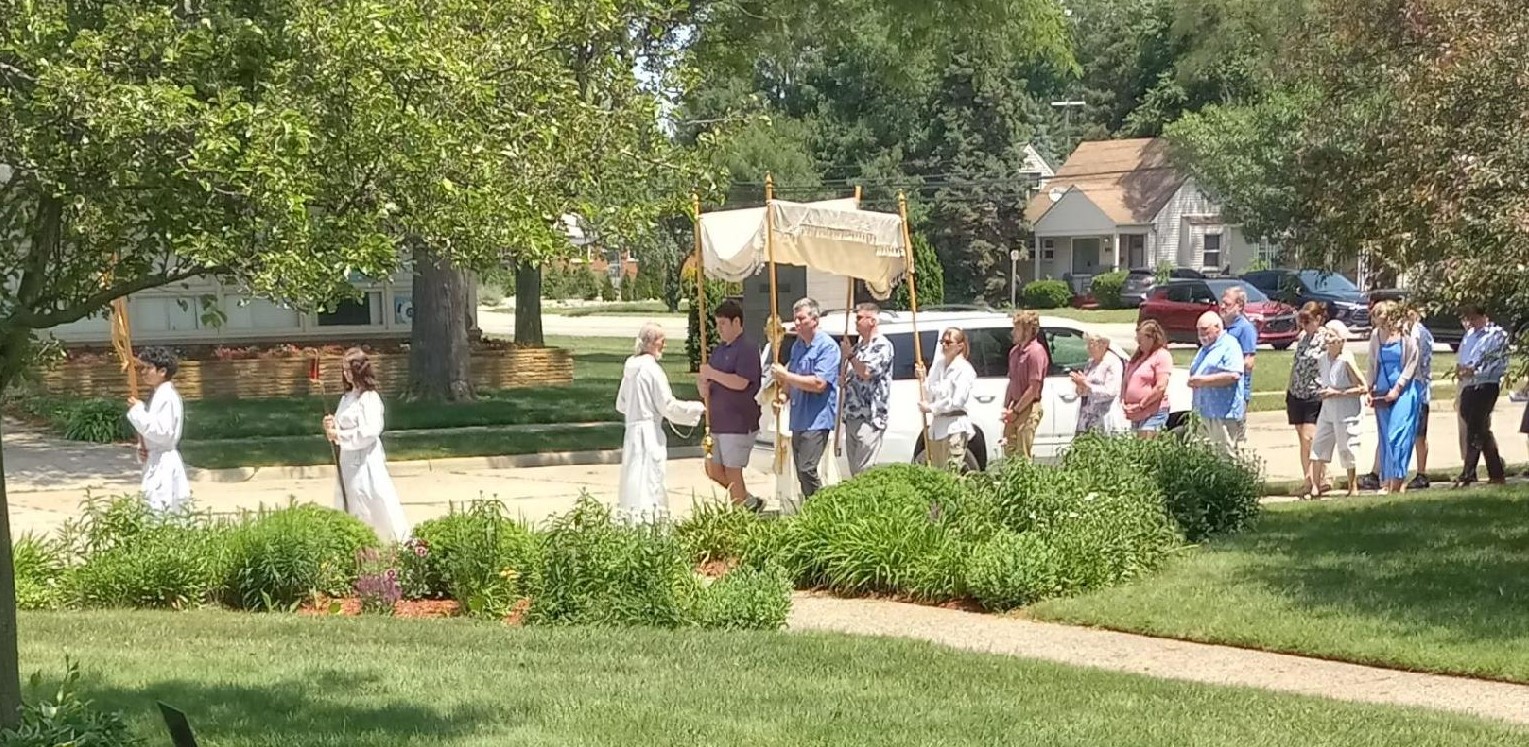
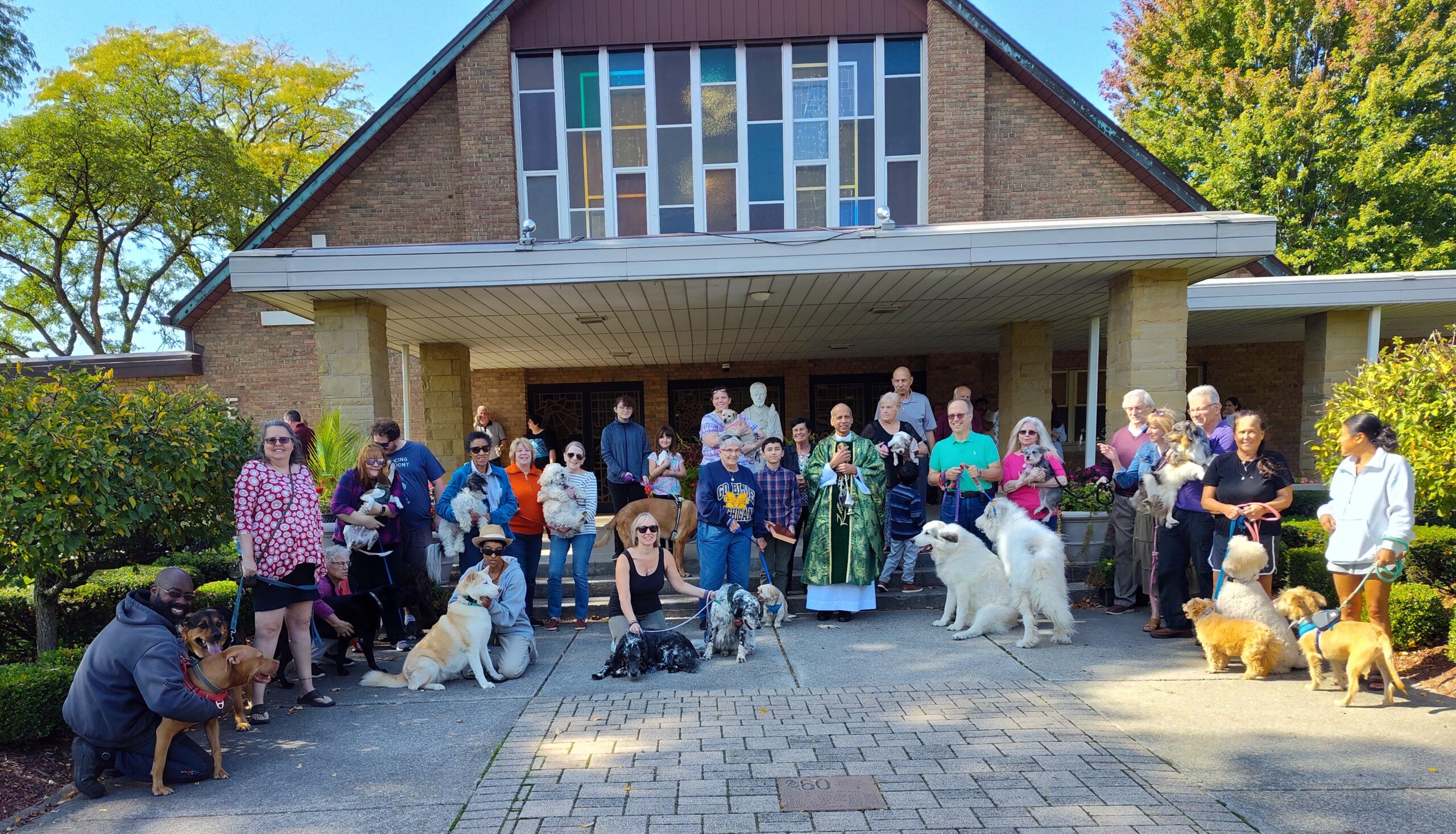
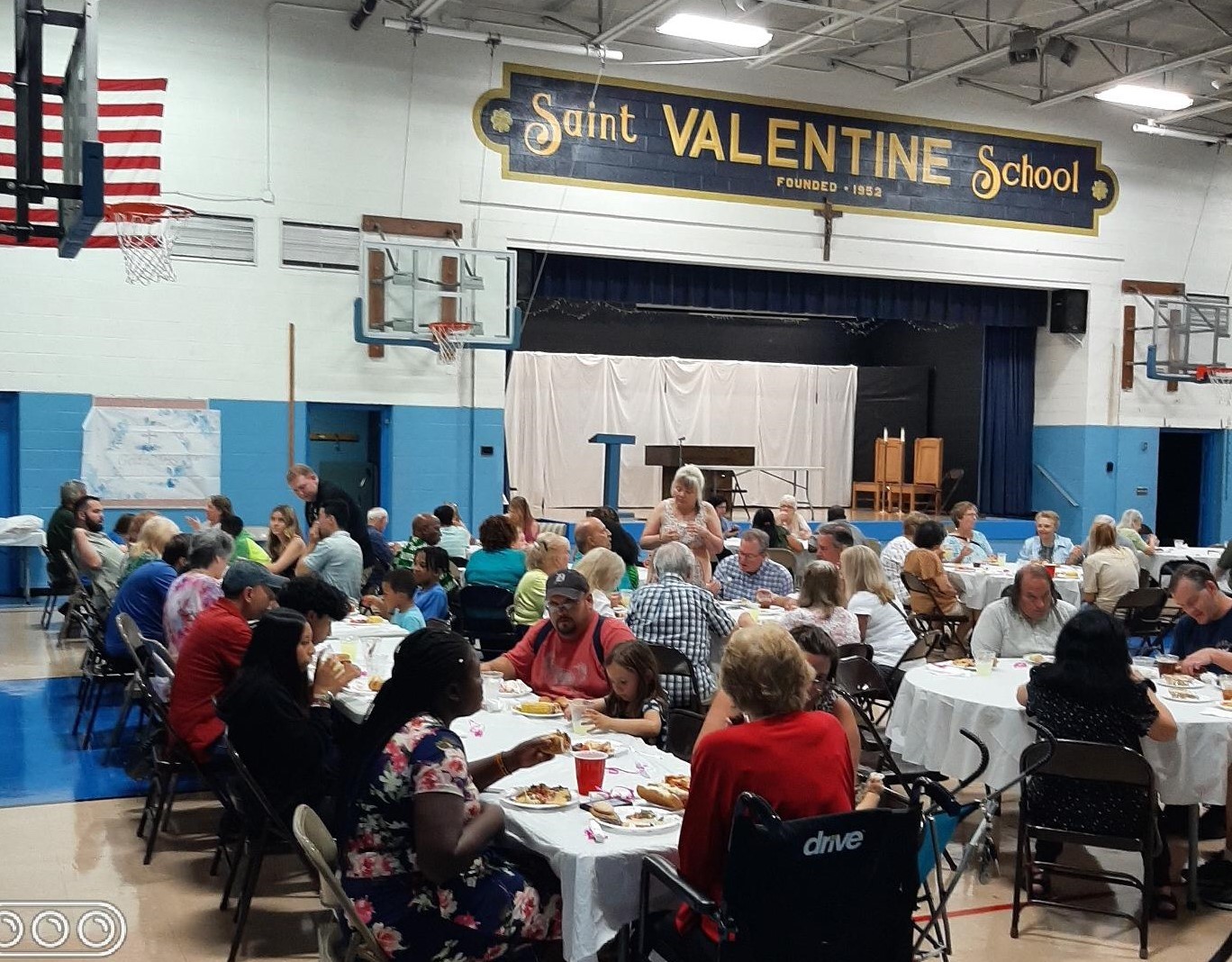
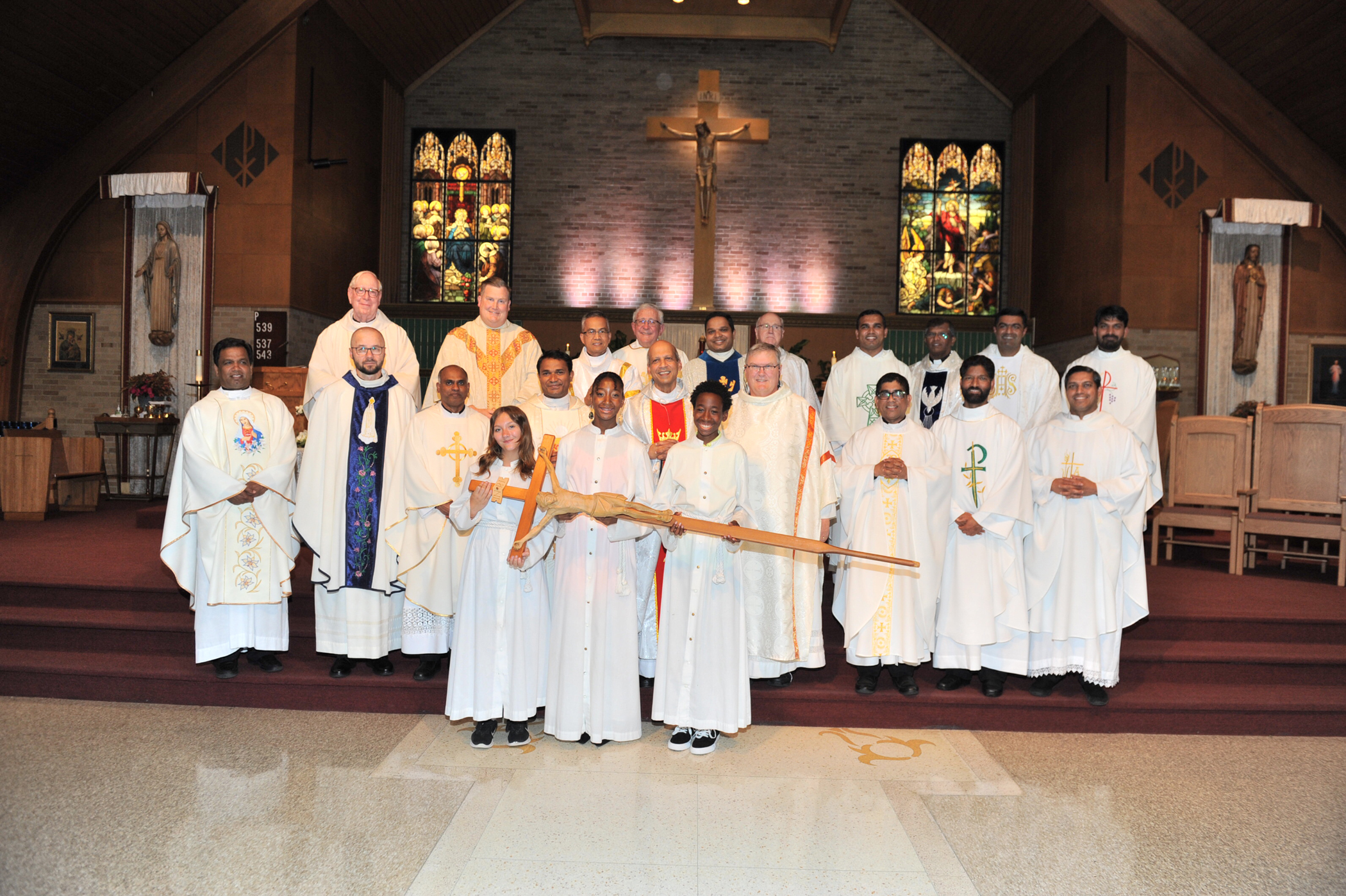
 September 17th is the date of our 12th Annual Fun Run and Spaghetti Dinner. As we are in the beginning stages of planning this event we would like to offer the opportunity to you, our parishioners, to be a sponsor.
September 17th is the date of our 12th Annual Fun Run and Spaghetti Dinner. As we are in the beginning stages of planning this event we would like to offer the opportunity to you, our parishioners, to be a sponsor.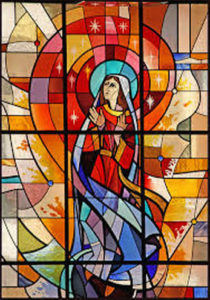 Tuesday, August 15th is the Feast of the Assumption.
Tuesday, August 15th is the Feast of the Assumption.